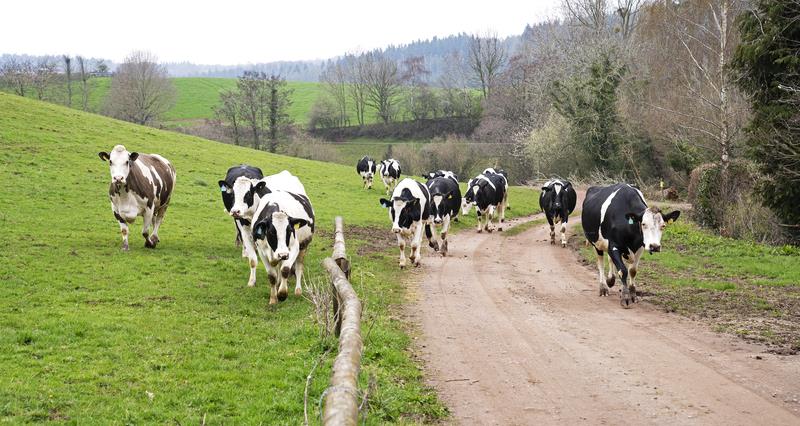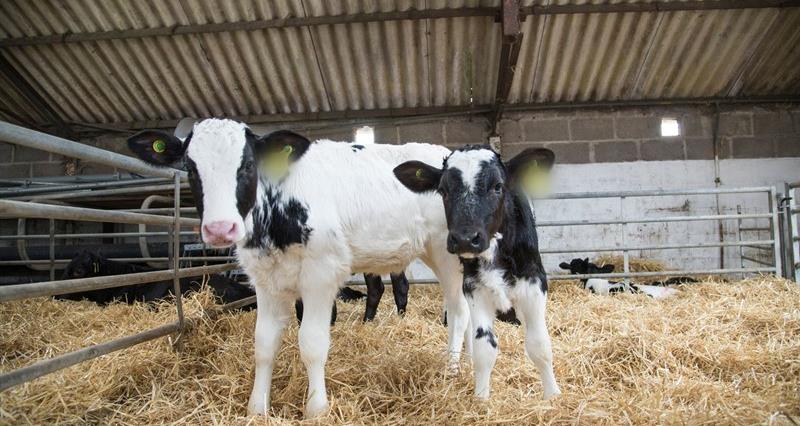The week aims to celebrate the progress that the industry has made since the launch of the GB Dairy Calf Strategy in 2020 with a series of webinars, farm walks and events.┬Ā
Since the launch of the strategy three years ago, huge strides have been made across the supply chain to implement breeding strategies which rear all healthy calves ŌĆświth care and for a purposeŌĆÖ including an increase in the use of sexed dairy semen, from 31.9% in 2019 to 76.5% in 2023.
The week will begin at UK Dairy Day in Telford with a breakfast launch on the NFU stand H119 at 9am followed by two seminar sessions later in the day.
Check the complete calendar of events:
Continuing to identify market opportunities
In the run up to this yearŌĆÖs event, NFU Dairy Board Chair Michael Oakes said: ŌĆ£As an industry, we have seen significant progress under the GB Calf Strategy.
ŌĆ£Since 2020, there have been a number of commitments made across both the beef and dairy supply chains to better integrate the two, and help ensure, as dairy farmers, we are rearing calves with an end market in mind.
ŌĆ£As we approach the end of the initiativeŌĆÖs final year, we need to continue working together to identify market opportunities and help ensure we are maximising the value of each calf to optimise returns.ŌĆØ
Celebrating progress with TB
At the outset of the GB Calf Strategy, a Bovine bTB Subgroup was established to help increase access for TB restricted cattle into licenced TB units. The group, comprising the NFU, NFU Cymru, Defra, APHA, Welsh government, and representatives from the dairy and beef supply chains, have worked to try to overcome some of the red tape and barriers impacting producers affected by TB.
It is in part down to this work we saw the announcement earlier this year to stop the need to pre-movement test cattle moving directly (or indirectly via an orange market) between AFUs in England and Wales, and also saw the validity of a pre-movement test for cattle from TB-restricted holdings entering a TB isolation unit increase from 30 to 60 days.
These small steps provided producers with greater flexibility and demonstrated to government the value and importance of working with the farming industry to tackle TB.
The Bovine bTB Subgroup is meeting in early September at a memberŌĆÖs TB Isolation Unit to discuss extended filling periods and the potential for dual herd sourcing to isolation units.


